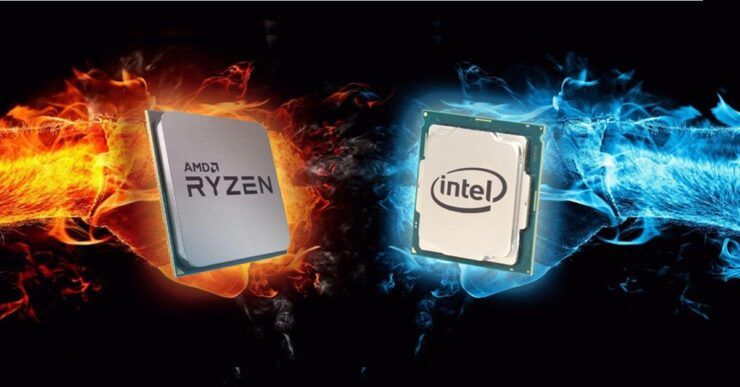Intel 7nm chip process delayed, the news directly pushes Intel share to dive plunge, Friday opening, Intel immediately plunged more than 15%, as the last closing, down 16.24%, at $ 50.59, a four-month low, the company’s market value evaporated $ 41.5 billion a day, up to $ 241 billion, third in the U.S. listed semiconductor company TSMC and after.
Following the recent announcement of Intel’s second-quarter 2020 fiscal year results, the stock market has experienced considerable volatility. Although sales in the second quarter exceeded expectations, Intel’s sales forecast for the third quarter really disappointed the market, especially due to the delayed release of the latest generation of 7-nm chips, which was planned for 2021 and then 2022 or even 2023.
But in the meantime, AMD’s 7nm chips for notebooks are gaining ground.
The dramatically improved performance of 7nm chips is critical for computer processors. 7nm refers to the size of the individual transistors, and in general, the denser a chip manufacturer can group the transistors together, the more efficient the processor will be. Currently, Intel is only able to mass-produce 10nm chips.
The reason why AMD can beat Intel at 7 nm chips is that the two companies have different business models.
As we all know, the design and manufacture of Intel chips are their own, and in the United States, including Arizona, Massachusetts, and New Mexico, they have their own wafer fabs. Intel invests heavily each year in both research and development in chip performance and in improving chip manufacturing processes with the objective of investing huge sums of money to maintain its leadership position.
TSMC’s stock has also risen more than 9% today, as Intel’s profit meeting implicitly acknowledged that TSMC would maintain its manufacturing lead for several years.
Patrick Moorhead, an analyst at Moor Insights, told: “The delay in the 7nm release was a really bad decision as many products depend on it.
Intel CEO Bob Swan said on Thursday that the company was ready to outsource production to keep pace with the latest generation of chip technology.
